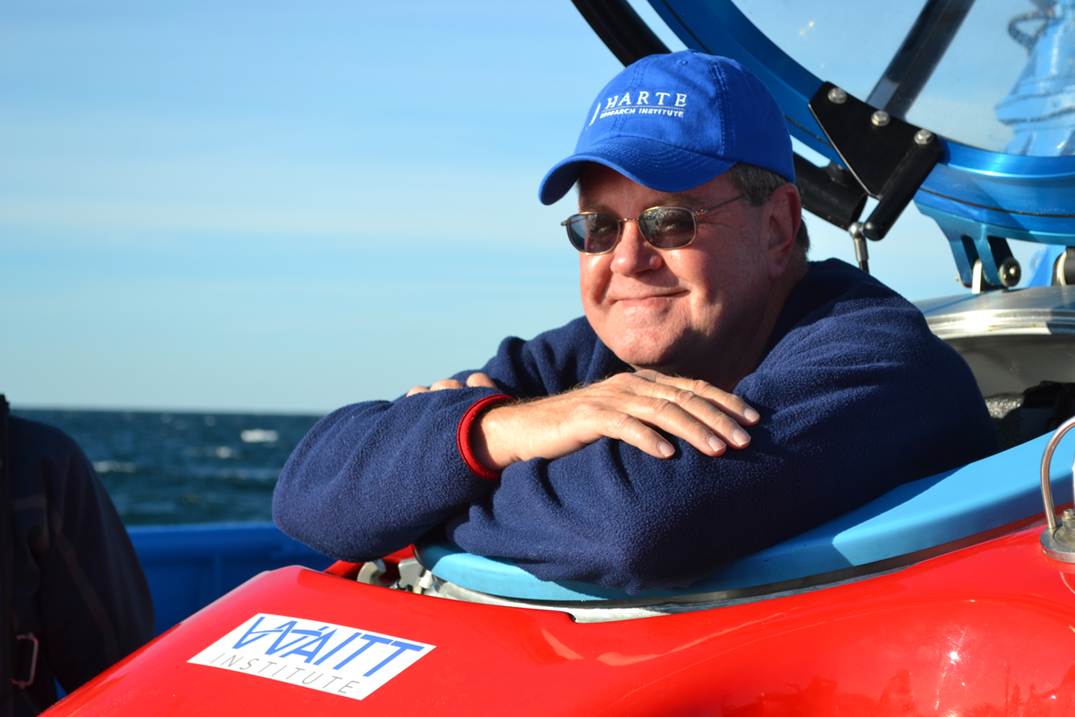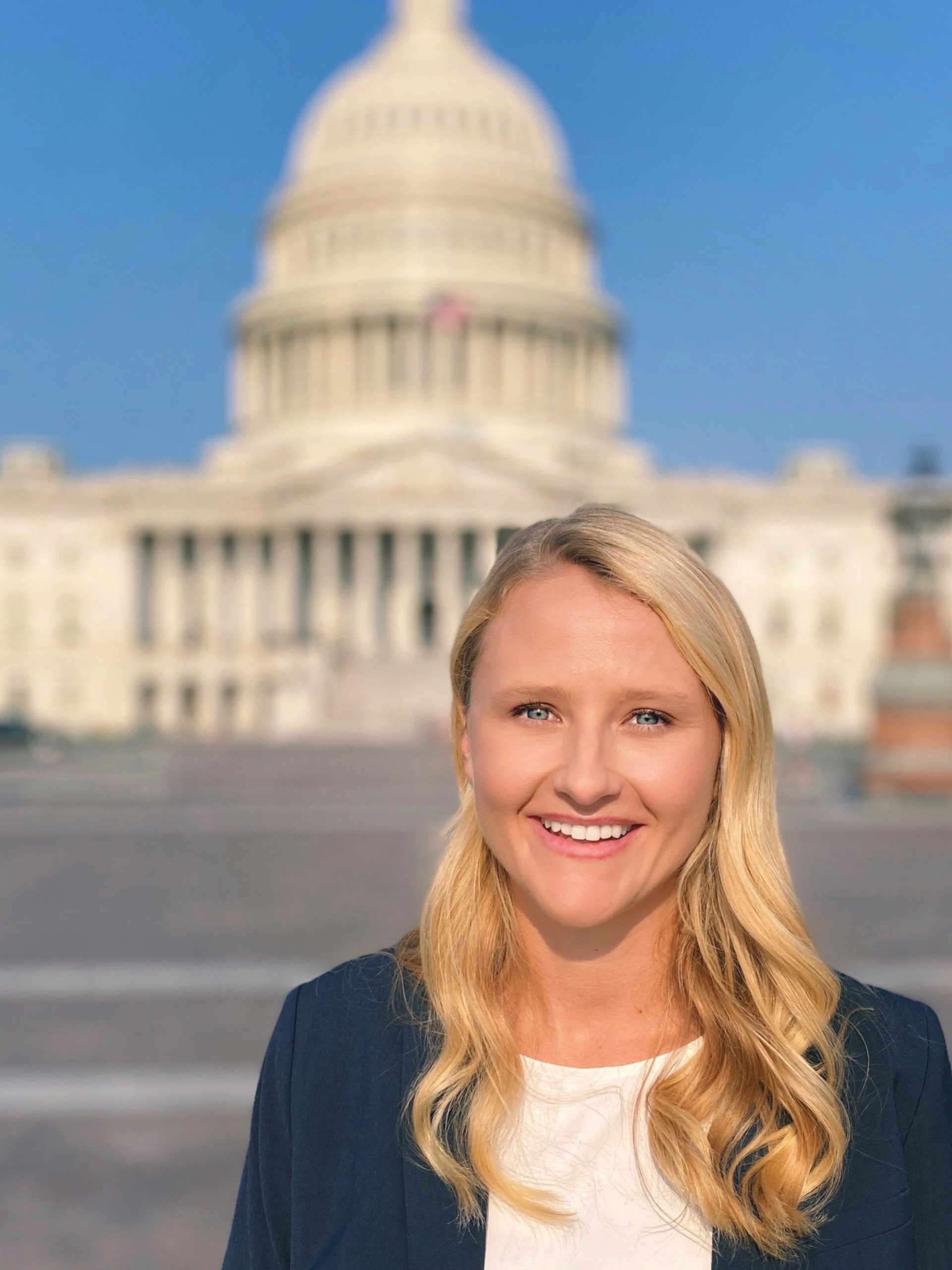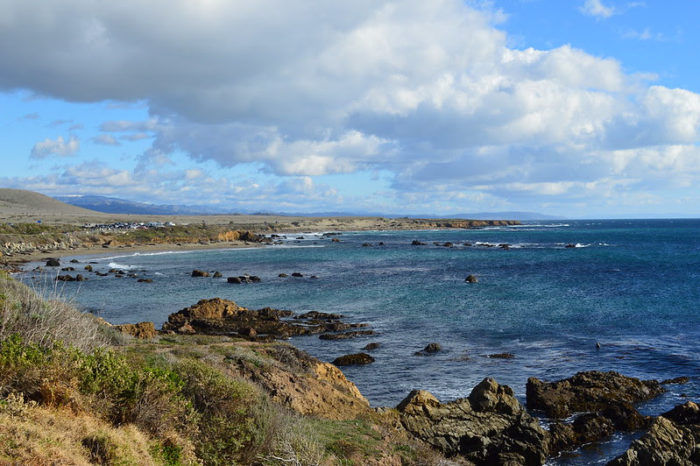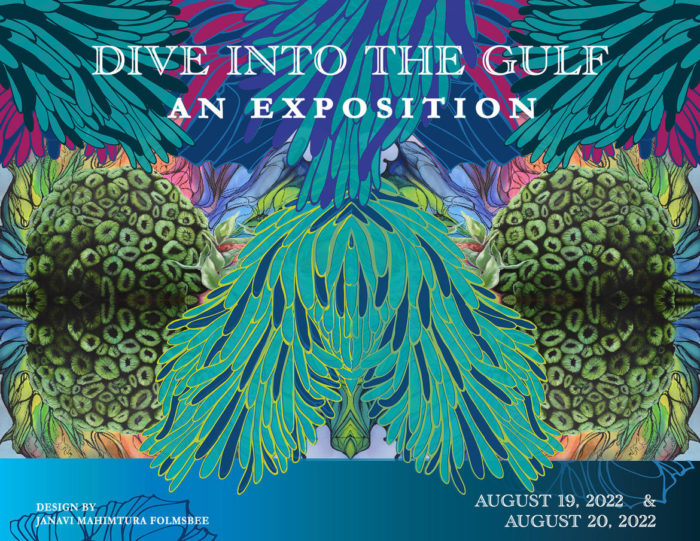Moody Gardens, Galveston TX
Blue Beacon Series: Marine Sanctuaries & Gulf Restoration
The Gulf of Mexico is home to an abundance of wildlife and spectacular wonders. Marine protected areas, like our national marine sanctuaries, play a critical role in protecting biodiversity, wildlife, and habitats.
As we celebrate the upcoming 50th anniversary of the National Marine Sanctuaries Act, the National Marine Sanctuary Foundation invites you to join our conversation on the role of sanctuaries and protected areas in Gulf restoration and beyond. This panel is part of the Foundation’s Blue Beacon Series which aims to bring to light the ocean and Great Lakes’ biggest challenges to build communities of support for marine protected areas.
Join us in person on August 20th from 2:00-3:00 PM for a 30 minute talk and 30 minute Q&A at Moody Gardens, Galveston, TX.
This event is part of Dive Into The Gulf: An Exposition, which provides an exciting opportunity for the SCUBA (science, conservation, art and education) community to come together for one weekend. Throughout the exposition, participants will have the opportunity to try SCUBA, attend a community dinner, and listen to speaker presentations from community experts.
Tickets for the Dive Into The Gulf exposition are $15 and include a raffle ticket and entry into the Aquarium. Mark your calendars – we hope to see you on August 20th!
About our participants

Blue Beacon Series: Save Spectacular with Marine Sanctuaries and Gulf Restoration
Dr. Larry McKinney, Chair for Gulf Strategies, Harte Research Institute
Dr. Larry McKinney received his PhD in Zoology from Texas A&M University in 1976. He retied as the Senior Executive Director of the Harte Research Institute at Texas A&M University-Corpus Christi in 2020 and is currently the Chair for Gulf Strategies at HRI. Prior to joining HRI, Dr. McKinney directed environmental and aquatic programs at Texas Parks and Wildlife, retiring after 23 years of service. As Senior Director for Aquatic Resources, he was responsible for both inland and coastal fisheries.
Over his 50-year career as a researcher and resource manager, McKinney has secured some $186 million in research and conservation funding and spent nearly seven and a half months underwater, completing over 8,000 dives, many of those in MPA’s around the world. Many of those have been in the Gulf of Mexico but he has worked in the Arctic, Antarctic, Caribbean and even the Aral Sea, as well as, Atlantic and Pacific Oceans. A primary focus in his last years at TPWD was coastal fisheries where he moved traditionally based fisheries management in Texas to an ecosystem-based approach where he established over thirty marine protected areas of various types.
Dr. McKinney significantly expanded HRI’s international reach, establishing two international chairs — one in Cuba and one in Mexico. He launched international research projects in both Cuba and Mexico on fisheries development, biodiversity, and coral reefs. Dr. McKinney served on the Flower Gardens National Marine Sanctuary Advisory Committee (former chair), and the Consortium for Ocean Leadership’s Policy Committee. He has served as a member and chair of the Texas Sea Grant Advisory Committee, NASA’s SSC Applied Sciences Steering Committee, the EPA Science Advisory Committee for the Gulf of Mexico, the Gulf Alliance’s Ecosystem Assessment and Integration Team, and the Texas Academy of Science, where is also a past President. Dr. McKinney serves on the Florida Institute of Oceanography Board of Visitors and Florida’s RESTORE Center of Excellence; the Texas State Aquarium Board; and, Texas State Audubon Board of Directors.
While McKinney has contributed many scientific and peer-reviewed articles, like his 2020 Overview of the Gulf of Mexico, he is better known for his articles translating science into English as in his July 2021 TPWD Magazine article Texas Dead Zones.

Blue Beacon Series: Save Spectacular with Marine Sanctuaries and Gulf Restoration
Kelly Martin, Program Analyst at the National Oceanic and Atmospheric Administration
Kelly is a Program Analyst at NOAA, serving as the Project Manager for the Mesophotic and Deep Benthic Communities Active Management and Protection project. This project is a part of the effort to restore Gulf ecosystems that were impacted by the Deepwater Horizon oil spill in 2010. A native of the San Francisco Bay Area, she first developed her passion for the ocean exploring along the coast of California. Kelly attended the University of Miami Rosenstiel School of Marine & Atmospheric Science where she received a Bachelor’s of Marine Affairs, and she received a Master’s of Marine Affairs from the University of Washington School of Marine and Environmental Affairs. Her career includes working as an environmental educator at the Cape Eleuthera Institute in The Bahamas, coordinating a citizen science monitoring program in Washington state, serving as a Knauss Marine Policy Fellow in the U.S. Senate, and establishing a marine debris education, outreach, and research program for American Bird Conservancy in the Houston-Galveston region.
More Resources

Photo by: Blake Carroll
Official Papahānaumokuāea Marine National Monument (PMNM) website
Mai Ka Pō Mai – Native Hawaiian guidance document for the management of PMNM
Chumash Heritage National Marine Sanctuary website
St. George Unangan Heritage National Marine Sanctuary website
Aguugun Tanaa- Our Sacred Place video series:

About the Blue Beacon Series
The National Marine Sanctuary’s Blue Beacon Series aims to bring to light the ocean and Great Lakes’ biggest challenges through panels, lectures, and film screenings hosted around the country in order to build communities of support for marine protected areas. This series builds on the momentum of Capitol Hill Ocean Week, the nation’s premier conference on ocean and Great Lakes policy issues by bringing these important conversations into locally relevant contexts. For more information, visit marinesanctuary.org/bluebeacon.
Questions?
Please contact Abigail Rodgers, arodgers@marinesanctuary.org
